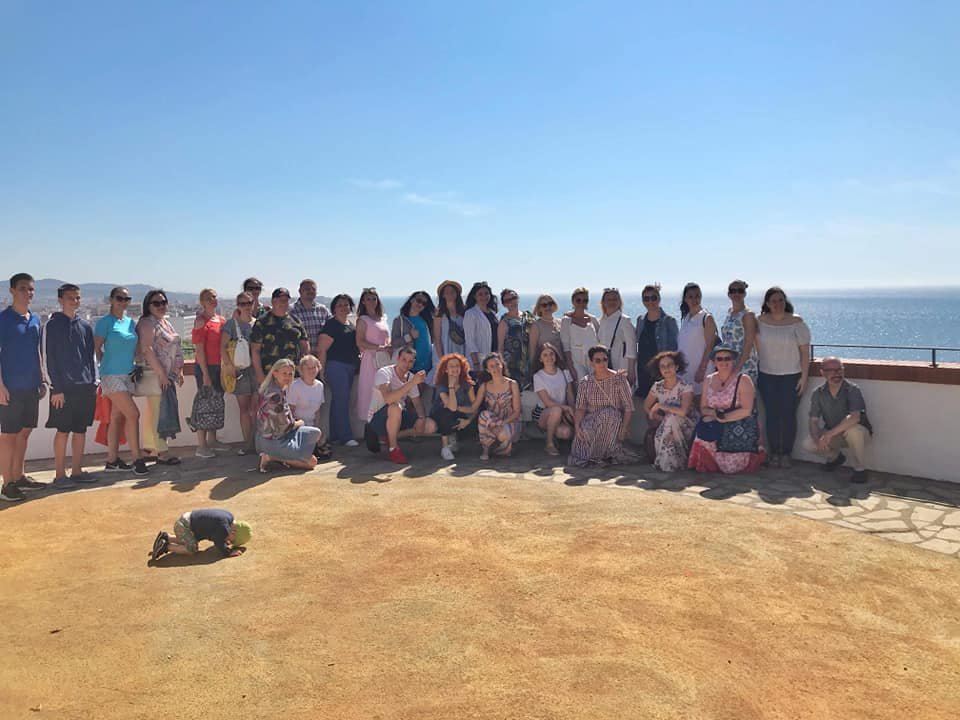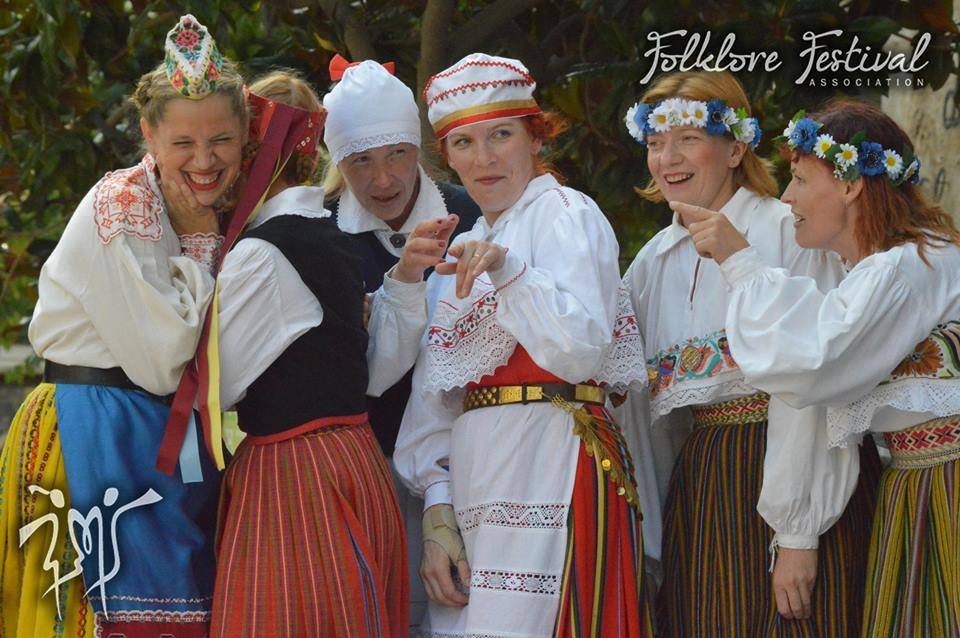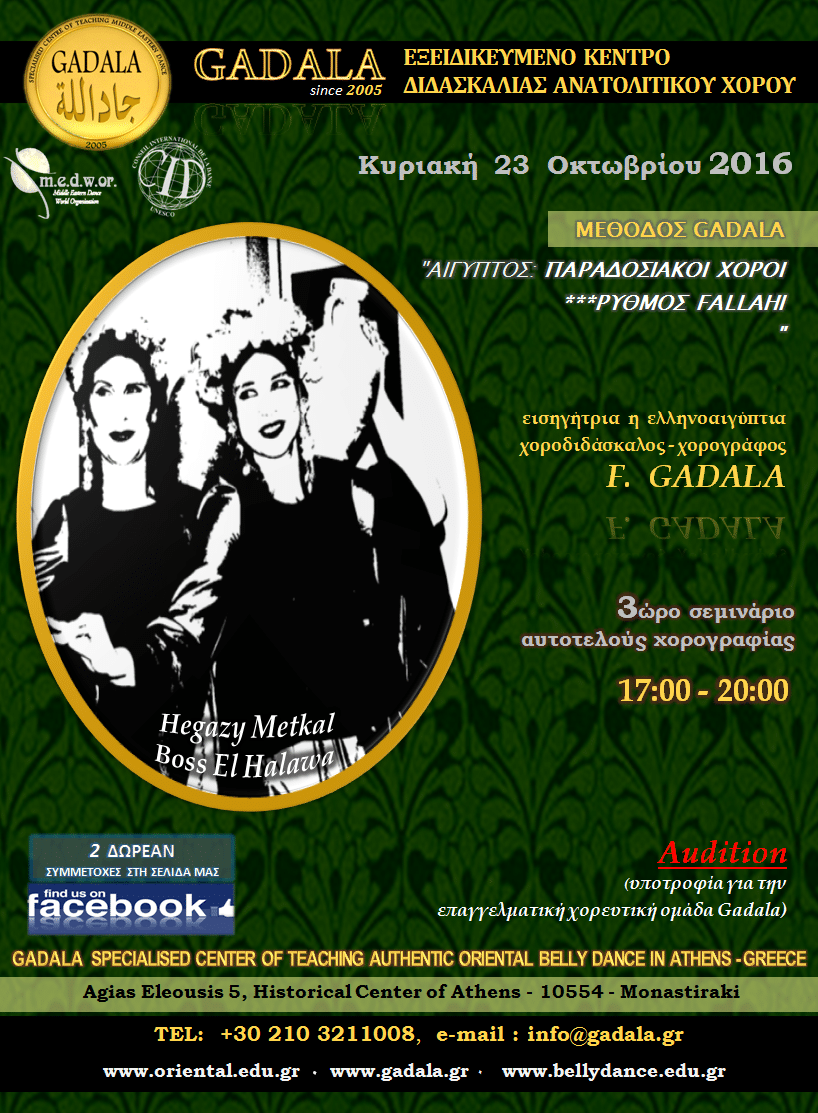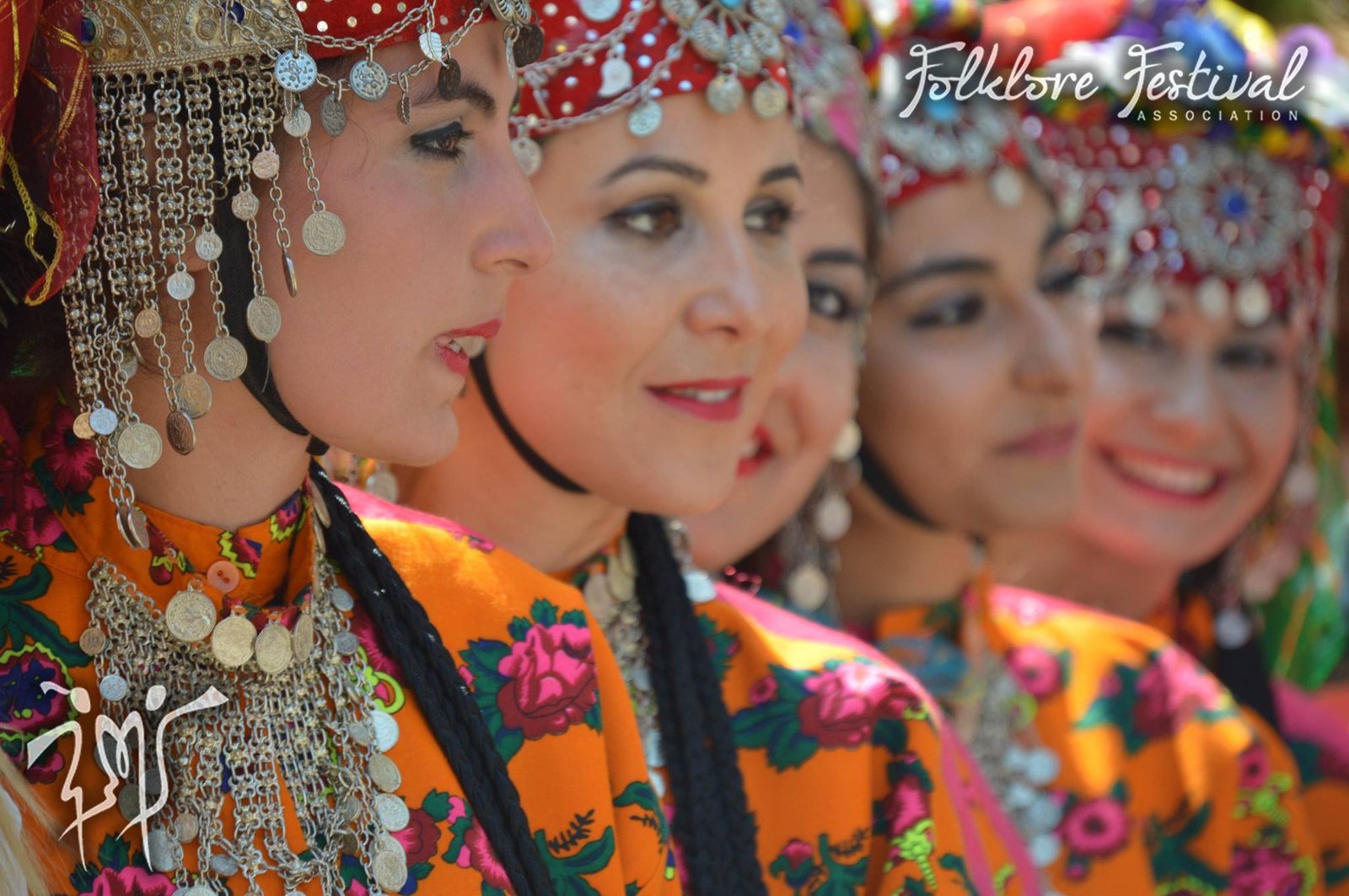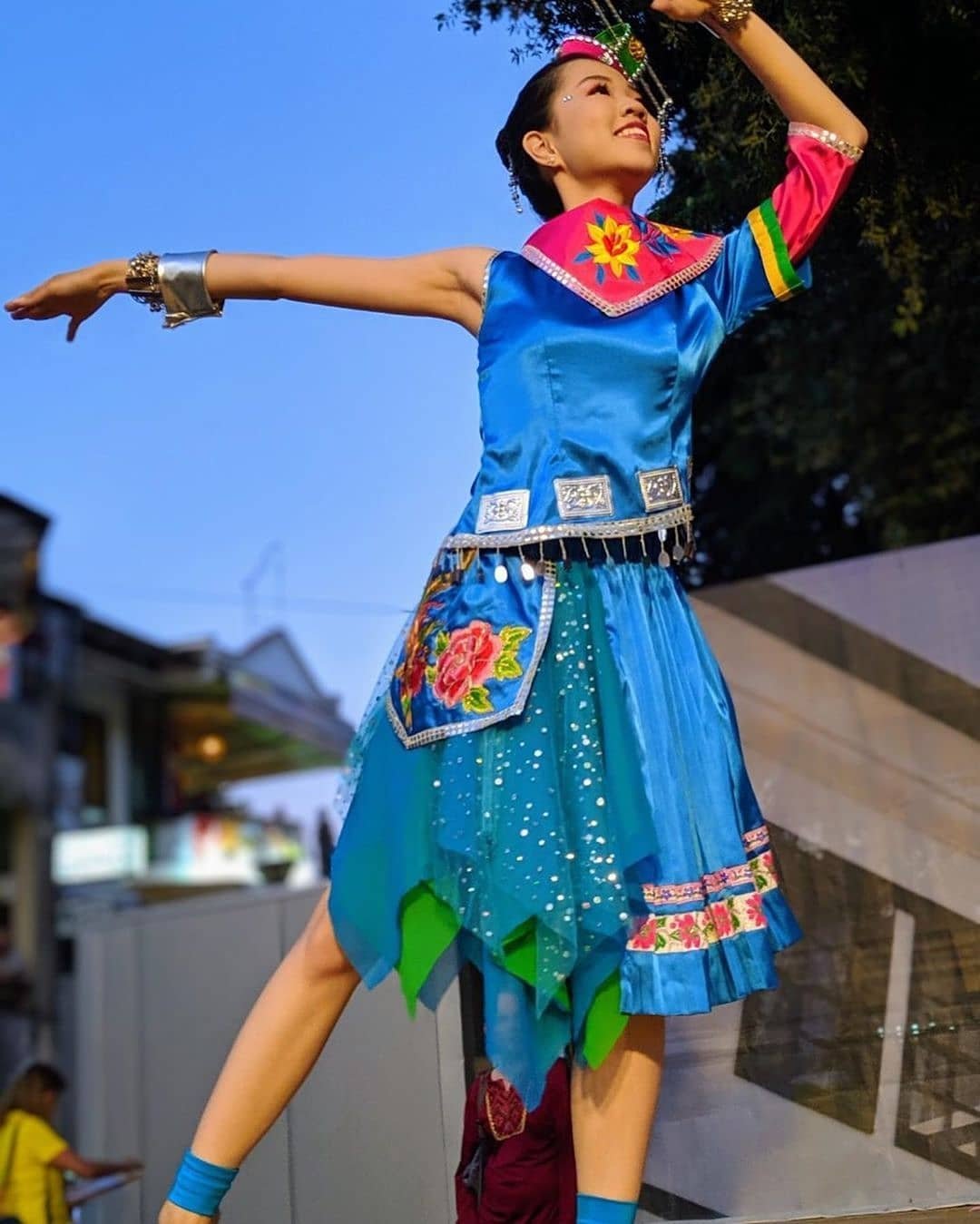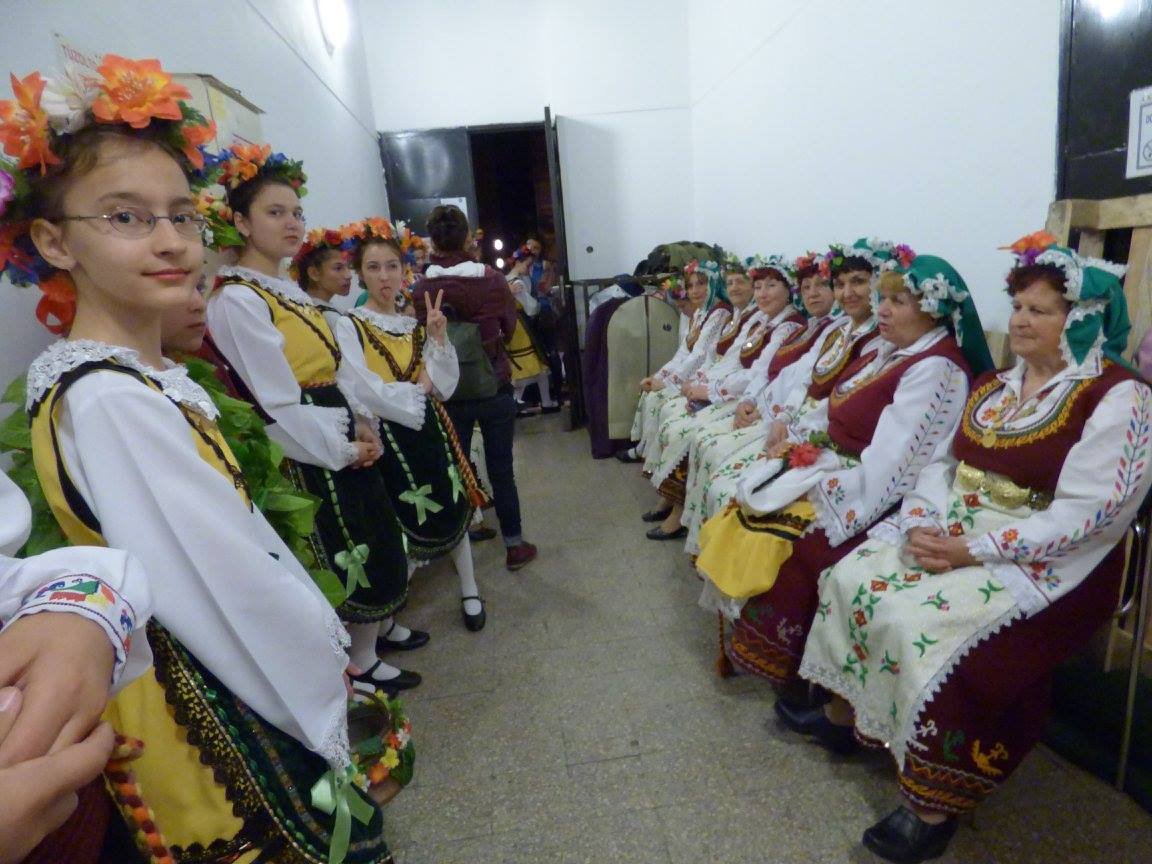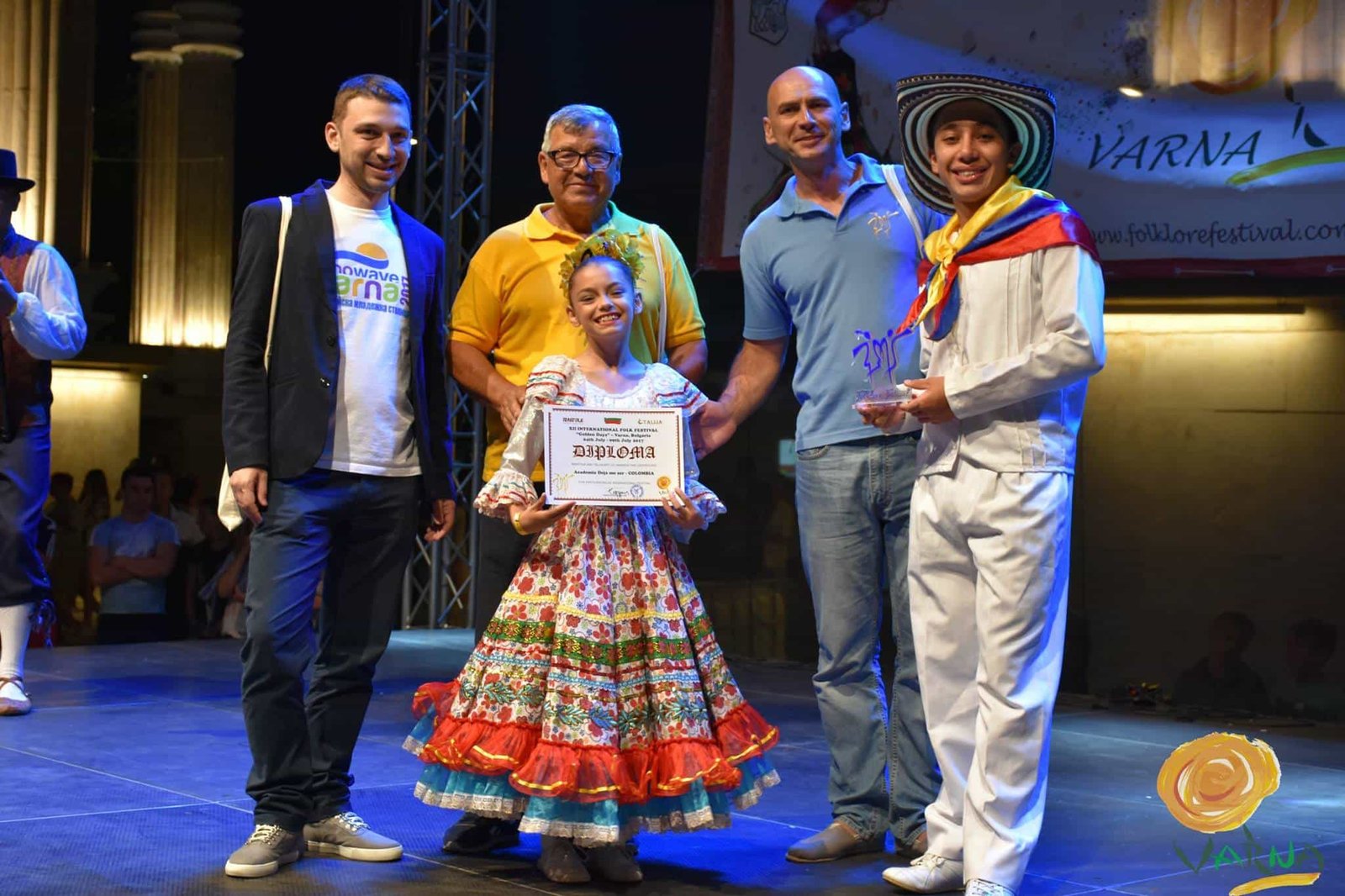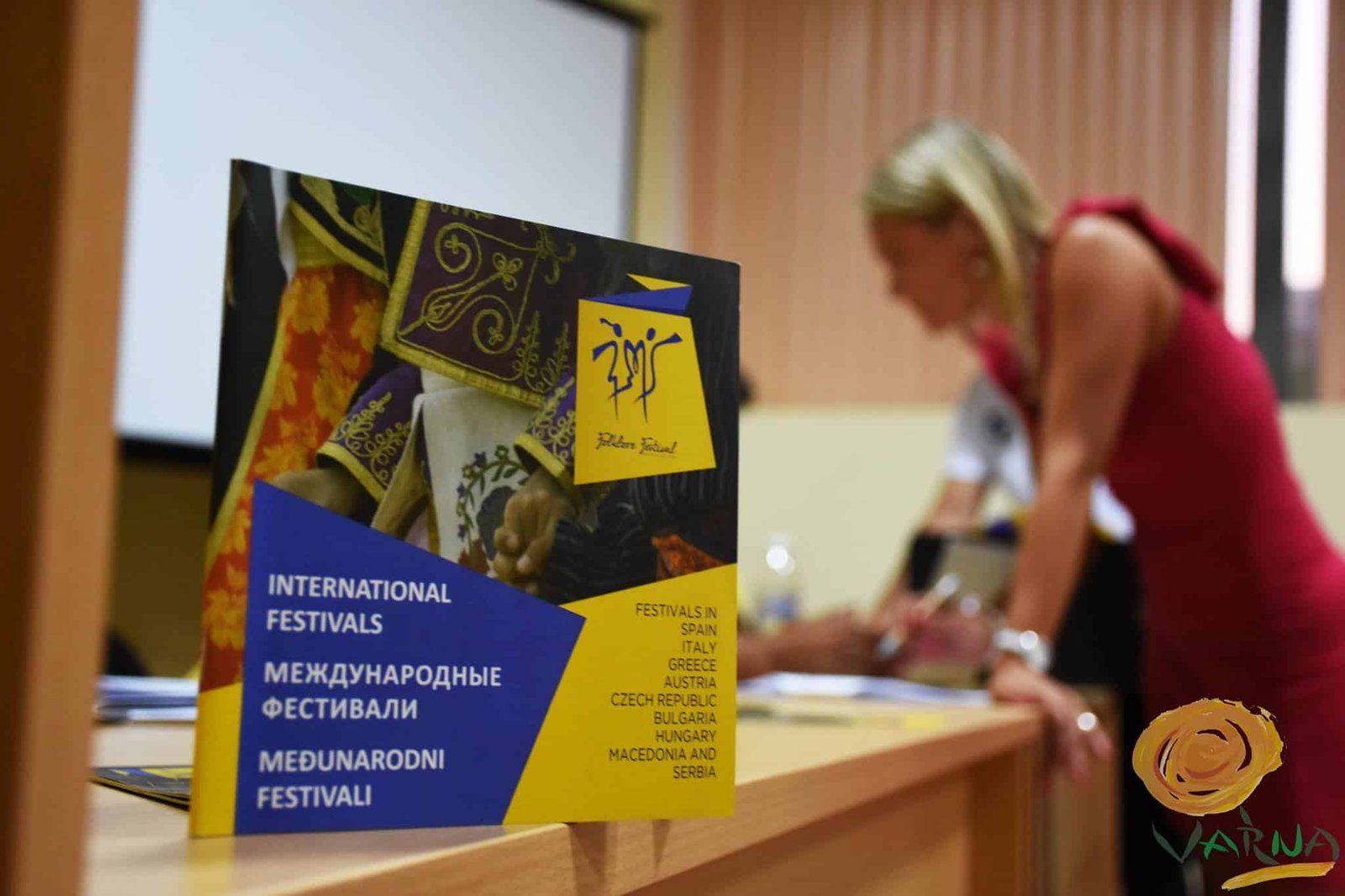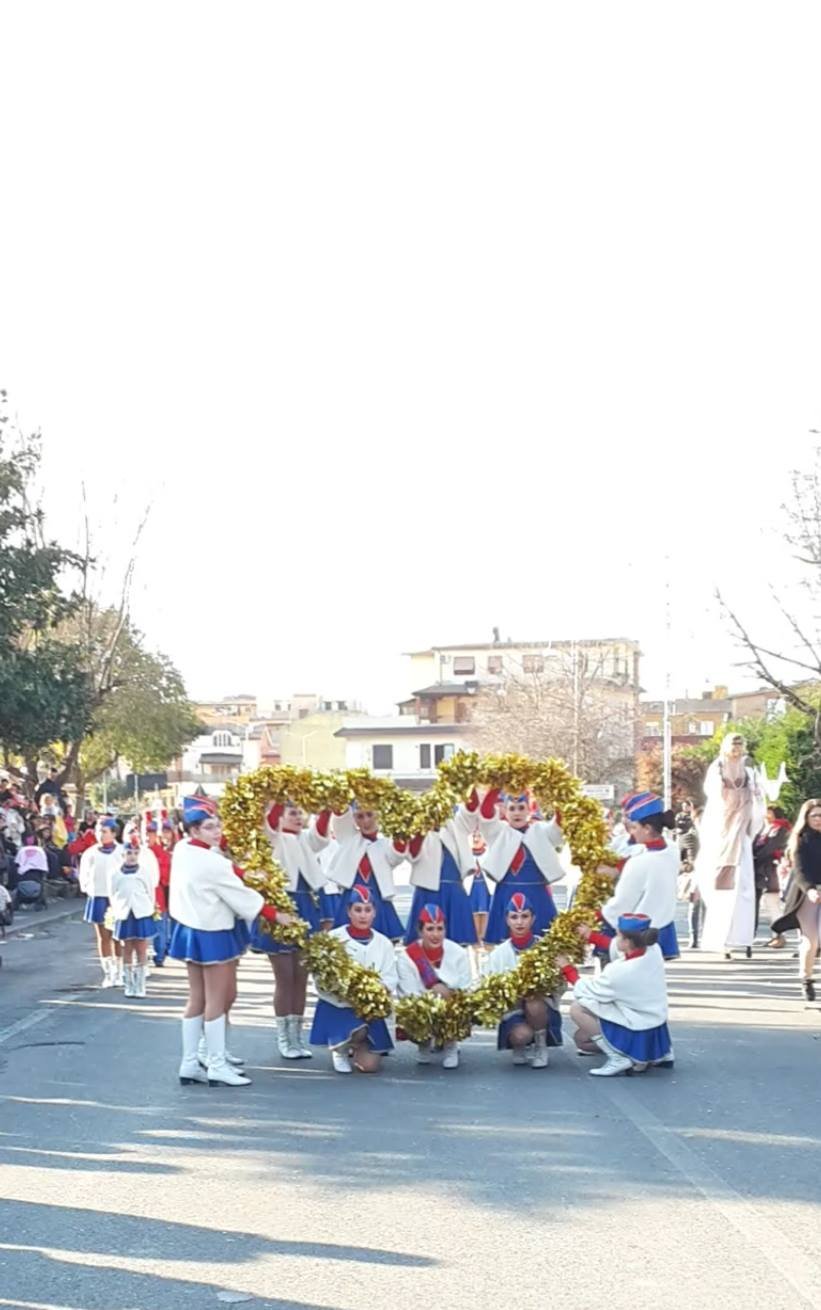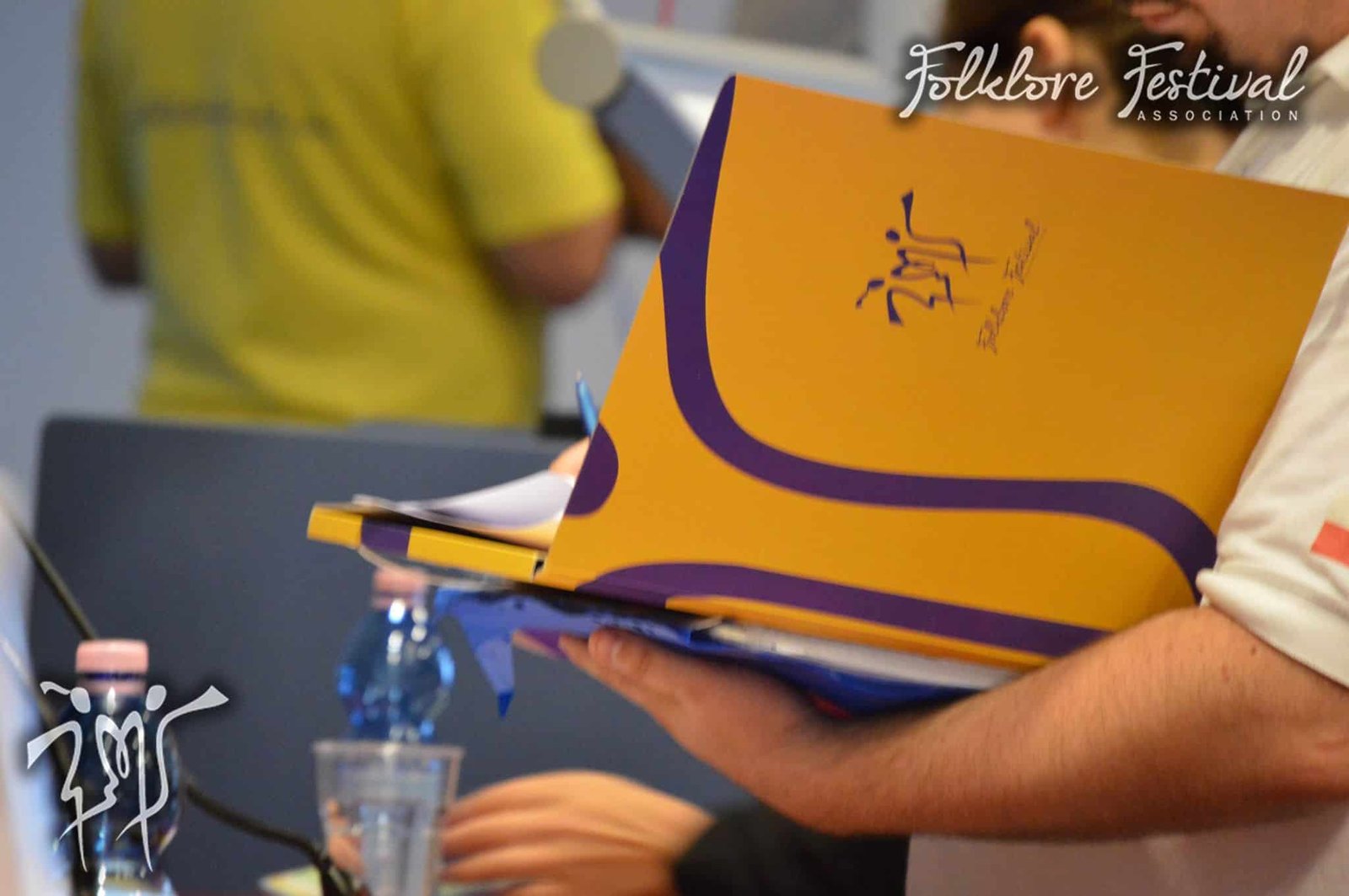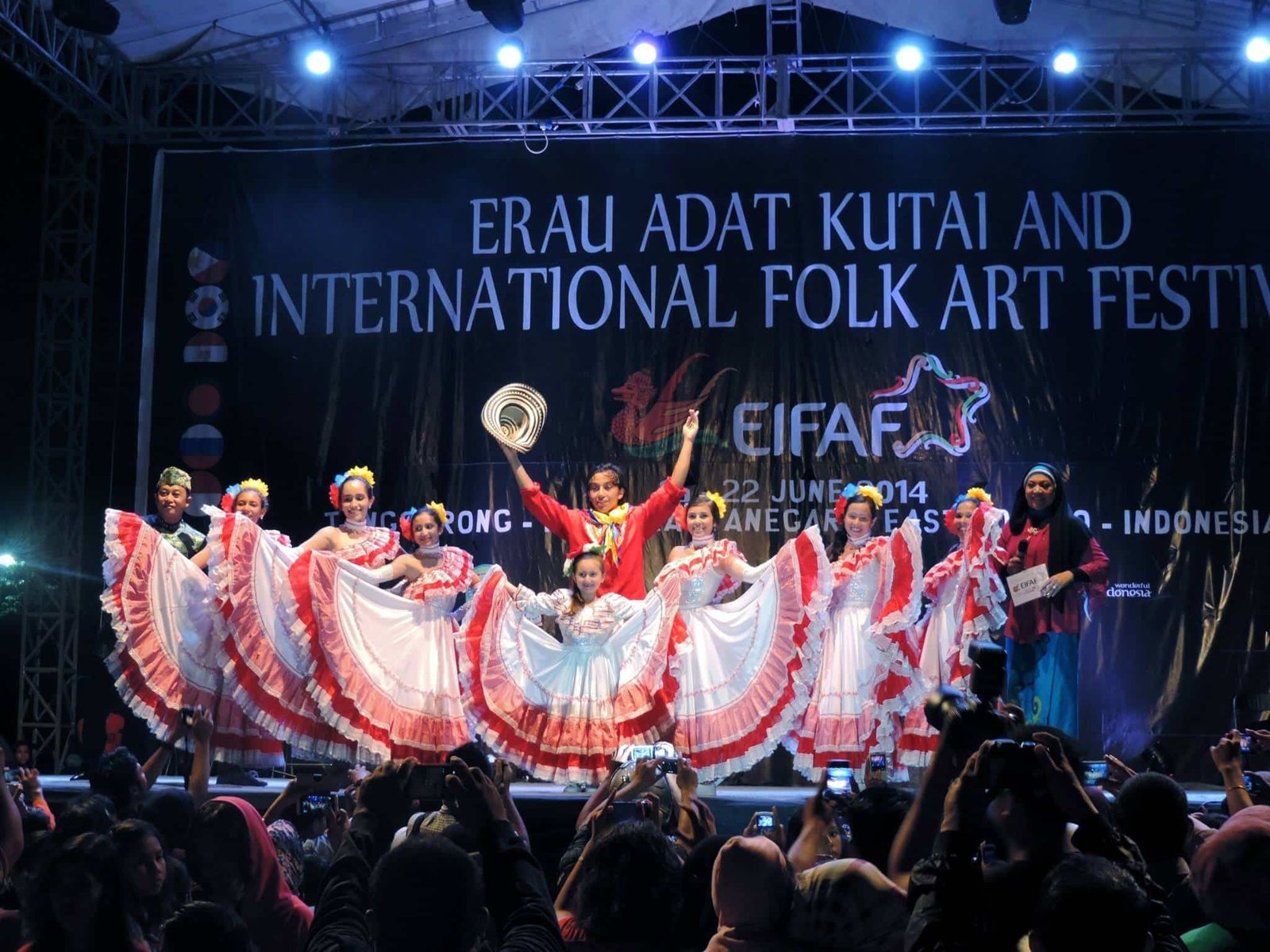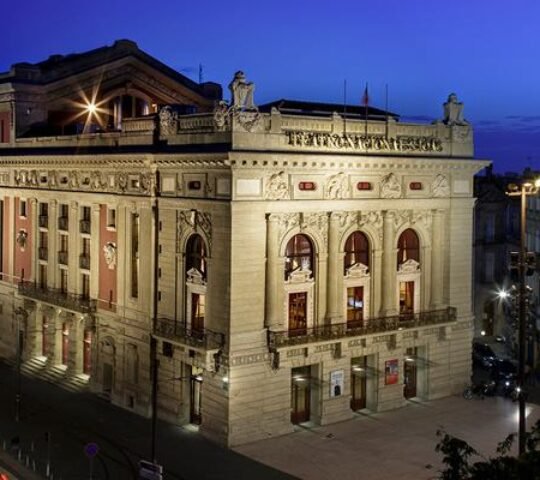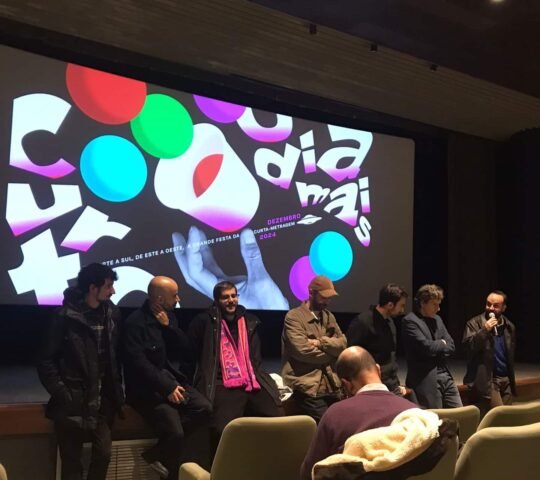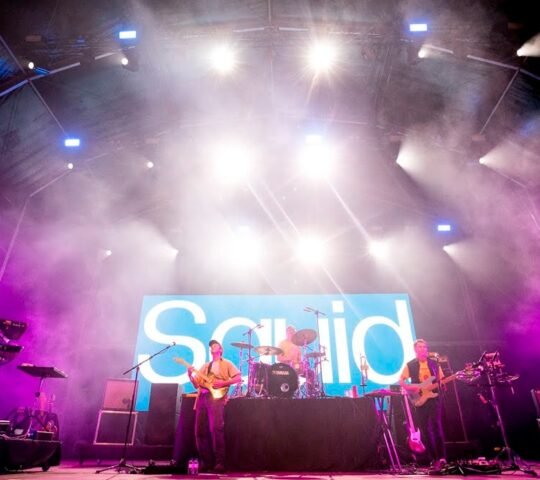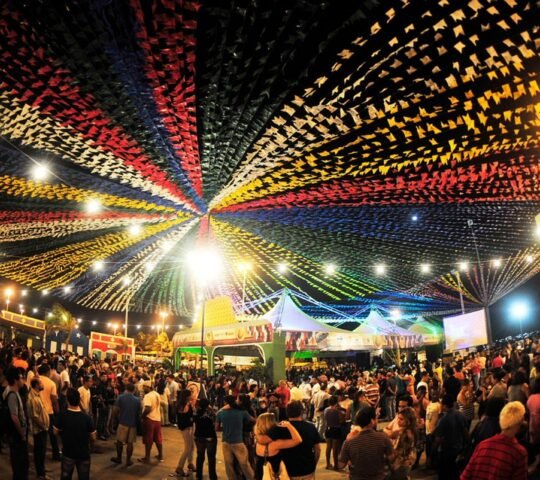Porto International Folklore Festival – Portugal 2026
Background & History
- Origins: The Porto International Folklore Festival, organized by the Folklore Festival Association (FFA) since 2010, emerged as part of FFA’s global network of cultural events starting in 2006, inspired by Portugal’s rich fado and regional folklore traditions to create a platform for international exchange in the UNESCO-listed city of Porto.
- Cultural Significance: It serves as a vibrant celebration of global folklore, promoting the preservation of intangible cultural heritage through music, dance, and crafts, reflecting Porto’s identity as a historic port city bridging European, African, and Atlantic influences, and fostering intercultural understanding.
- Evolution: From its inaugural 2010 edition with 20 groups in Ribeira, it expanded in the 2010s to include competitions and multi-day formats; the 2026 edition (16th) builds on 2025’s 15 festivals across 11 countries, incorporating sustainable practices like eco-costumes and digital archiving of performances.
- Global Impact: Hosts 200+ groups from 15+ countries annually, with 512,000+ total participants since FFA’s founding, generating €1–2 million for Porto’s economy through tourism, local crafts sales, and extended stays in the Douro Valley.
- Milestones: 2015 established partnerships with EU folklore networks like CIOFF; 2020 online pivot with virtual dances reaching 100,000 viewers; 2025’s 15 festivals drew 14,000 participants; 2026 introduces “Folklore Without Borders” with AI-enhanced virtual reality tours.
- Community Role: FFA’s non-profit model supports 1,000+ volunteers and local artisans; in Porto, it engages 5,000+ residents through free workshops on fado and azulejo crafts, aligning with Portugal’s UNESCO Intangible Cultural Heritage list.
- Recent Developments: 2025 featured 266+ global festivals; 2026 expands Ribeira parades with riverfront drone shows and a focus on youth ensembles, following 2024’s 170,000+ dance minutes and 1 million+ unforgettable moments.
- Sustainability Commitment: 2026 emphasizes eco-friendly costumes from recycled materials, zero-waste markets, and carbon offset partnerships, reducing festival footprint by 20% from 2025.
Event Highlights
- Main Parades and Performances: Daily street parades along Ribeira (June 20–25, 2026, 10:00 AM–6:00 PM) with 50+ groups from Europe, Africa, Asia, and the Americas, featuring Portuguese ranchos folclóricos, Greek sirtaki, and Brazilian samba, drawing 10,000+ spectators.
- Folklore Competitions: International contest (June 22–23, 7:00 PM–10:00 PM) judged by experts like Dragan Pantelic, awarding prizes (€500–€2,000) for best choreography, costumes, and authenticity in traditional and modern categories.
- Workshops and Masterclasses: Hands-on sessions (June 21, 10:00 AM–4:00 PM) on fado singing, Portuguese guitar, Balkan kolo, and African drum techniques, led by FFA’s team, accommodating 200+ participants with certificates.
- Cultural Exchanges: “Unfreeze The Culture” online prelim (May 1–June 1, 2026) with video submissions, leading to in-person showcases; evening galas at Palácio da Bolsa (June 24–25) with fusion concerts blending fado and global rhythms.
- Crafts and Food Fair: Village market (June 20–25, 11:00 AM–8:00 PM) with 100+ stalls selling Portuguese azulejos, embroidered textiles, Moroccan lanterns, and Douro wines, alongside tastings of francesinha, pastéis de nata, and international street foods.
- Youth and Family Activities: Free kids’ dance workshops (June 24, 10:00 AM–2:00 PM, ages 5–12) with storytelling on Porto’s seafaring lore; family parades (June 23) with interactive games and craft stations.
- Special Traditions: Closing ceremony (June 25, 8:00 PM) with a mass folk dance in Ribeira uniting 1,000+ participants; eco-fashion show (June 22) featuring recycled costumes from global traditions.
- Unique Attractions: Boat parades on Douro River (June 21, 5:00 PM) with floating stages; virtual reality folklore tours via FFA app; partnerships with Porto’s UNESCO sites for heritage walks and fado houses.
- Evening Galas: Nightly concerts at Coliseu do Porto (June 20–25, 9:00 PM–11:00 PM) blending traditional folklore with contemporary fado and world music fusions, hosted by local artists.
- Side Events: “Folklore Nights” at local taverns with impromptu jams; photography contest for best cultural shot, with €200 prize.
Date & Duration
- Dates: June 20 – June 25, 2026 (projected from FFA’s 2025 patterns, mid-June for optimal summer weather and tourism synergy).
- Duration: 6 days, with morning/afternoon parades and workshops (10:00 AM–6:00 PM), evening contests/galas (7:00 PM–11:00 PM).
- Key Schedule: Opening parade June 20; workshops June 21; competitions June 22–23; family day June 24; closing June 25 with mass dance.
Venue / Location
- City: Porto, Portugal, a UNESCO World Heritage site famed for its Ribeira riverside, azulejo-tiled buildings, and Douro Valley port wine heritage, providing a picturesque backdrop for folklore’s colorful expressions.
- Main Venue: Ribeira district, the historic waterfront along the Douro River, hosting parades, markets, and pop-ups with views of the iconic Dom Luís I Bridge.
- Secondary Venues: Palácio da Bolsa (gala concerts, 500 seats); Coliseu do Porto (evening performances, 4,000 capacity); São Bento Station (flash mob dances); Cais de Gaia (wine and craft tastings across the river).
- Notable Areas: Clérigos Tower for panoramic views; Foz do Douro beaches for after-parties; Vila Nova de Gaia cellars for port wine folklore pairings; São João National Theater for optional tie-ins.
- Google Maps Address: Ribeira, Porto, Portugal (41.1406° N, 8.6100° W) – central festival hub.
Ticket Information
- Ticket Sales: Online at folklorefestival.com (applications from April 2026); FFA office +389 70 359 747 (WhatsApp); on-site at Ribeira info point (June 20–25, 9:00 AM–8:00 PM).
- Admission: Parade and market access free; gala concerts $27–$55 USD (€25–€50); full festival pass $110 USD (€100); workshops $11 USD (€10).
- Pricing: Minimum $0 (parades); maximum $165 USD (€150, VIP with workshops and receptions).
- Packages: 3-day pass $66 USD (€60); family bundle $44 USD (€40) for 4; student/youth $16 USD (€15) with ID; early bird until May 31, 2026 (10% off).
- VIP Options: Premium pass $220 USD (€200) includes front-row gala seating, private receptions, and guided Douro cruises; limited to 100.
- Submission Fees: Group entries $11–$33 USD (€10–€30) via info@folklorefestival.com (deadline May 1, 2026); scholarships for youth ensembles.
- Note: Group rates for 10+ participants; carbon offset donation at booking; no refunds post-registration; 2025 had 95% occupancy.
Contact Information
- Email: contact@folklorefestival.com (general inquiries, submissions); info@folklorefestival.com (festivals); dejan@folklorefestival.com (director); dragan@folklorefestival.com (art director).
- Phone: +389 70 359 747 or +381 642711388 (English, Macedonian, Serbian, Portuguese; 9:00 AM–6:00 PM; WhatsApp/Telegram).
- Website: https://folklorefestival.com (lineup, applications, newsletter, virtual tours).
- Social Media: @folklorefestival (Facebook x3, Instagram, TikTok) for parade videos, participant spotlights, and live streams; 2025 reached 50,000+ engagements.
- Key Staff: Dejan Brzanov (Director); Krume Brzanov (President); Dragan Pantelic (Art Director); Biljana Brzanova (Finance); Teodora Janevska (Marketing).
- Press/Volunteers: Press via contact@folklorefestival.com (deadline May 2026); 200+ volunteer roles (ushers, logistics) open March 2026 via website.
- Response Time: 24–48 hours for email; instant via WhatsApp/Telegram; social media within 12 hours.
- Language Support: English, Macedonian, Serbian; Portuguese, Spanish, Italian for Porto locals and guests.
Cultural Experience
- Folklore Immersion: Daily parades revive Portuguese ranchos folclóricos alongside global traditions like Irish step dance and Indian bharatanatyam, creating a colorful tapestry in Ribeira’s UNESCO streets.
- Intercultural Exchange: Workshops teach fado, Balkan kolo, and African sabar, with 200+ participants forming lasting bonds, as per 2025 testimonials from 95% returnees.
- Porto’s Heritage Blend: Ribeira’s riverside sets folklore against azulejo tiles and port wine cellars, with boat parades evoking Porto’s seafaring past.
- Youth Focus: Kids’ workshops on traditional crafts like embroidery and pottery engage 500+ families, promoting intergenerational transmission.
- Sustainability Integration: Eco-fashion shows with recycled costumes; zero-waste markets using biodegradable materials; carbon offset via Douro tree planting.
- Nightlife and Fusion: Galas at Palácio da Bolsa fuse folklore with contemporary fado and world beats, drawing 2,000+ nightly for immersive experiences.
- Artistic Extensions: Photography contest for cultural shots (€200 prize); VR tours of global dances via FFA app; collaborations with Porto’s Fado Houses.
Food & Drinks
- Francesinha: Porto’s iconic steak sandwich with melted cheese and spicy sauce, at Ribeira stalls ($8–$12 USD).
- Pastéis de Nata: Custard tarts from local bakeries, a sweet festival staple ($2–$4 USD).
- Porto Tawny Wine: Aged port varieties from Gaia cellars, paired with parades ($5–$8 USD/glass).
- Bacalhau à Brás: Shredded cod with onions and eggs, quick bite ($6–$10 USD).
- Vinho Verde: Crisp green wine, refreshing for summer dances ($4–$7 USD).
- Non-Alcoholic Options: Sumol lemonade and fresh mint tea ($2–$3 USD).
- Eco Features: 80% local sourcing; reusable cups with €1 deposit; vegetarian/vegan options from global cuisines.
Getting There
- Nearest Airport: Porto Airport (OPO, 15 km), with metro Line E to Trindade station ($2 USD, 30 minutes), then 10-minute walk to Ribeira.
- Public Transport: Metro to Ribeira ($1.50 USD); STCP buses 1/500 from OPO ($1.50 USD, 40 minutes); Andante card for unlimited travel.
- Trains: IC from Lisbon to São Bento ($20–$40 USD, 3 hours), 5-minute walk to venue.
- Taxis/Rideshare: Taxis from OPO ($20–$30 USD); Uber/Bolt ($5–$10 USD within city).
- Parking: Ribeira peripheral lots ($10 USD/day, 500 spaces); carpooling via festival app.
- Walking/Biking: Compact Ribeira; 10-minute walk from São Bento; bike rentals $2 USD/hour at Cais de Ribeira.
- Accessibility: Metro ramps; free shuttles for PSH; contact +389 70 359 747 for aids.
Accommodation Options
- Luxury: Infante Sagres Hotel (historic, $200–$350 USD/night); The Yeatman (Gaia views, $250–$400 USD/night).
- Mid-Range: Hotel Carris Porto Ribeira ($100–$160 USD/night); Moov Hotel Porto Centre ($90–$140 USD/night).
- Budget: Tattva Design Hostel ($40–$70 USD/night); Porto Spot Hostel ($30–$50 USD/night).
- Boutique: The Poet by Luís de Camões ($120–$180 USD/night); 1000 Ovos Hostel ($80–$120 USD/night).
- Hostels: Moov Hotel Porto Centre (dorms, $25–$45 USD/night); Wine Hostel Porto ($20–$40 USD/night).
- Rural Stays: Douro Valley guesthouses like Six Senses ($60–$100 USD/night); Camping Orbitur Porto ($20–$40 USD/night).
Maps
Contact
Video
FAQ's
When and where is the Porto International Folklore Festival 2026, and what are the highlights?
June 20–25, 2026, in Ribeira, Porto (41.1406° N, 8.6100° W); highlights include daily parades (50+ groups), international competitions (June 22–23), workshops (June 21), crafts fair, and closing mass dance (June 25) with 200+ participants from 15 countries.
How can I register a group or buy tickets?
Group applications via folklorefestival.com (April 2026, $11–$33 USD fee); gala tickets $27–$55 USD; full pass $110 USD; contact +389 70 359 747 (WhatsApp); early bird until May 31; group rates for 10+.
What venues and activities are featured?
Ribeira for parades and markets; Palácio da Bolsa for galas; Coliseu do Porto for concerts; workshops on fado/Balkan dance; boat parades on Douro; VR tours; free youth sessions; eco-fashion shows.
How do I get to Porto, and is it accessible?
Fly to OPO Airport ($2 USD metro, 30 minutes); trains from Lisbon ($20 USD, 3 hours); parking $10 USD/day; ramps and PSH shuttles; contact contact@folklorefestival.com for accommodations (book 7 days prior).
What makes the festival unique, and are there free events?
FFA's 266+ global festivals since 2006 emphasize intercultural fun; unique for Porto's UNESCO riverside setting and 512,000+ participants; free parades, markets, and workshops; 2026's "Folklore Without Borders" adds AI VR and eco-costumes.

